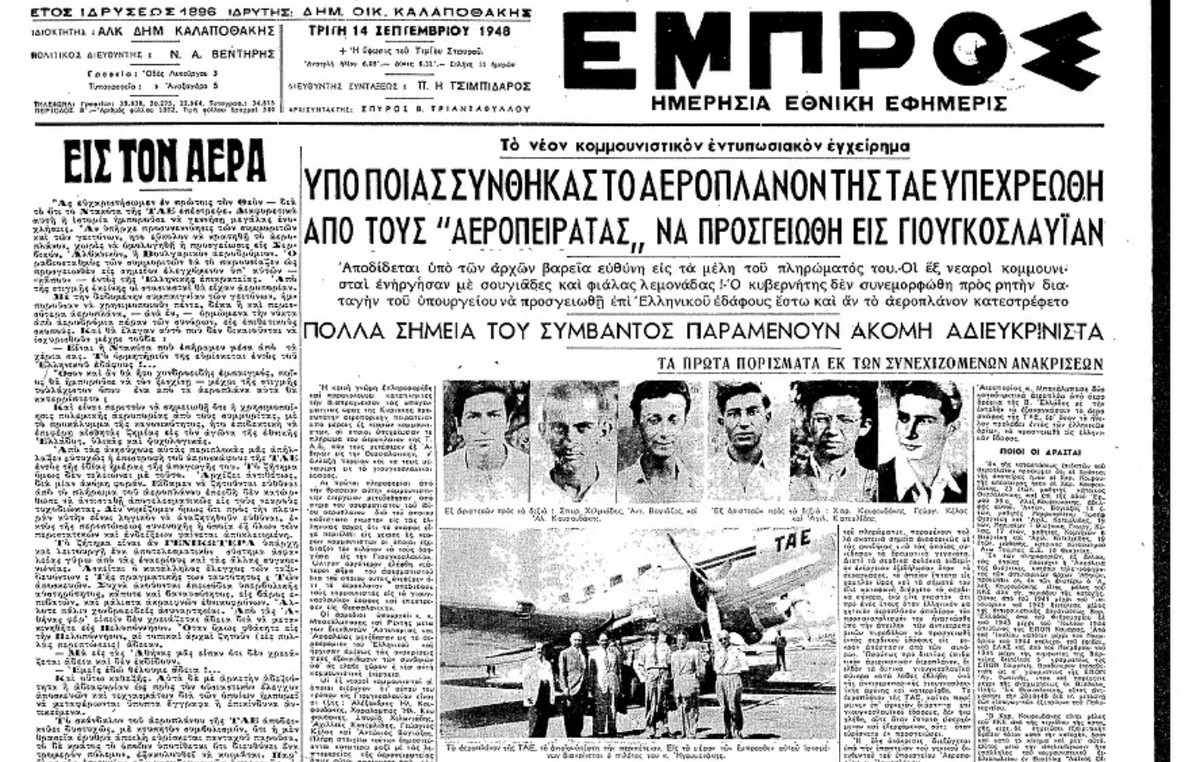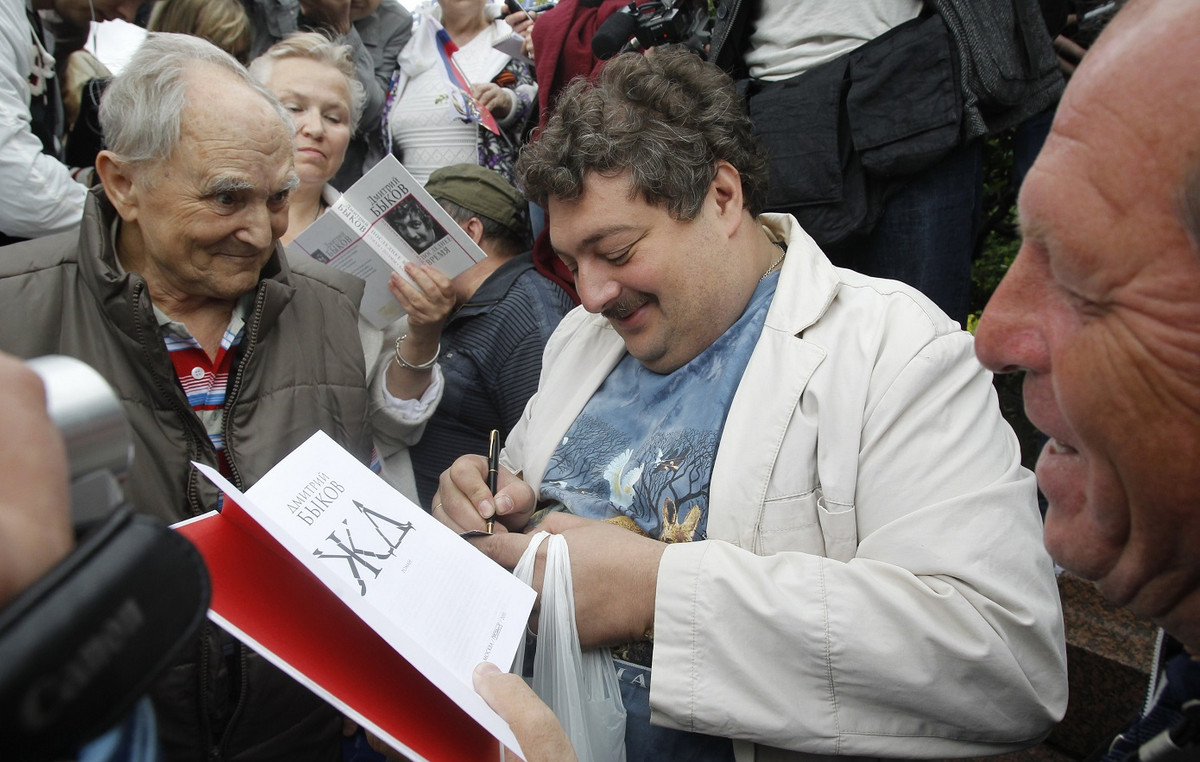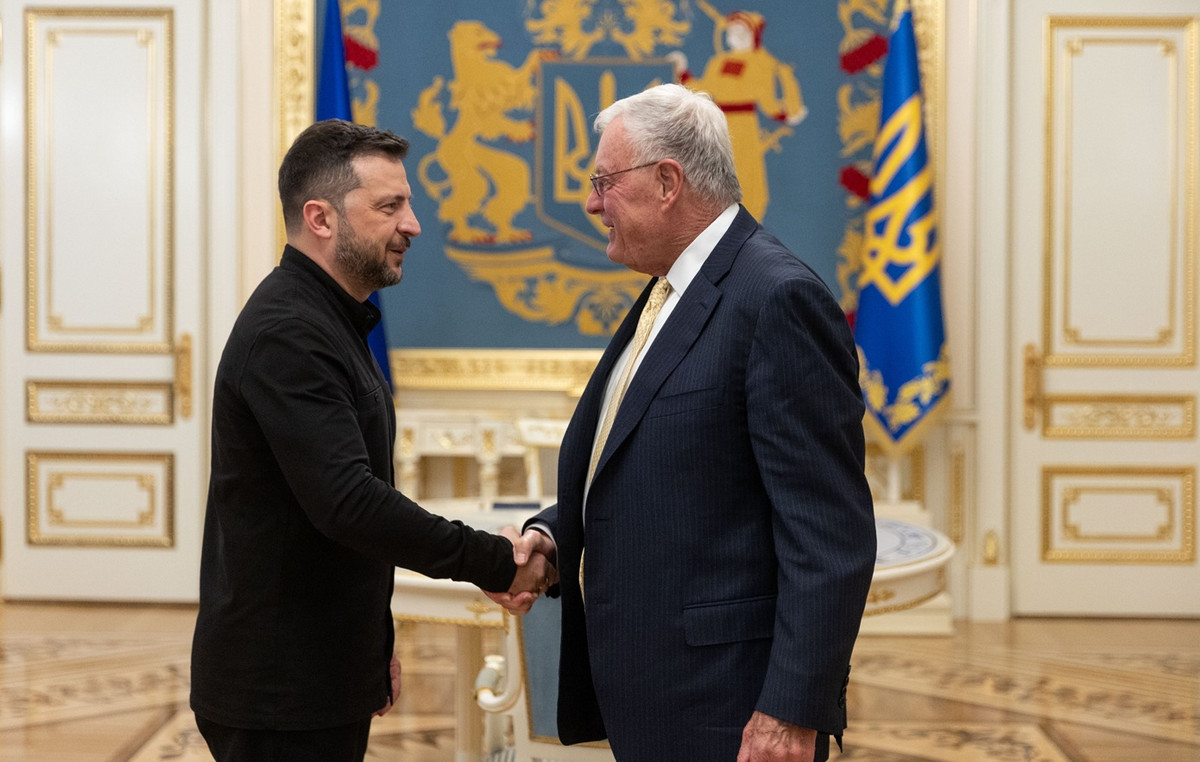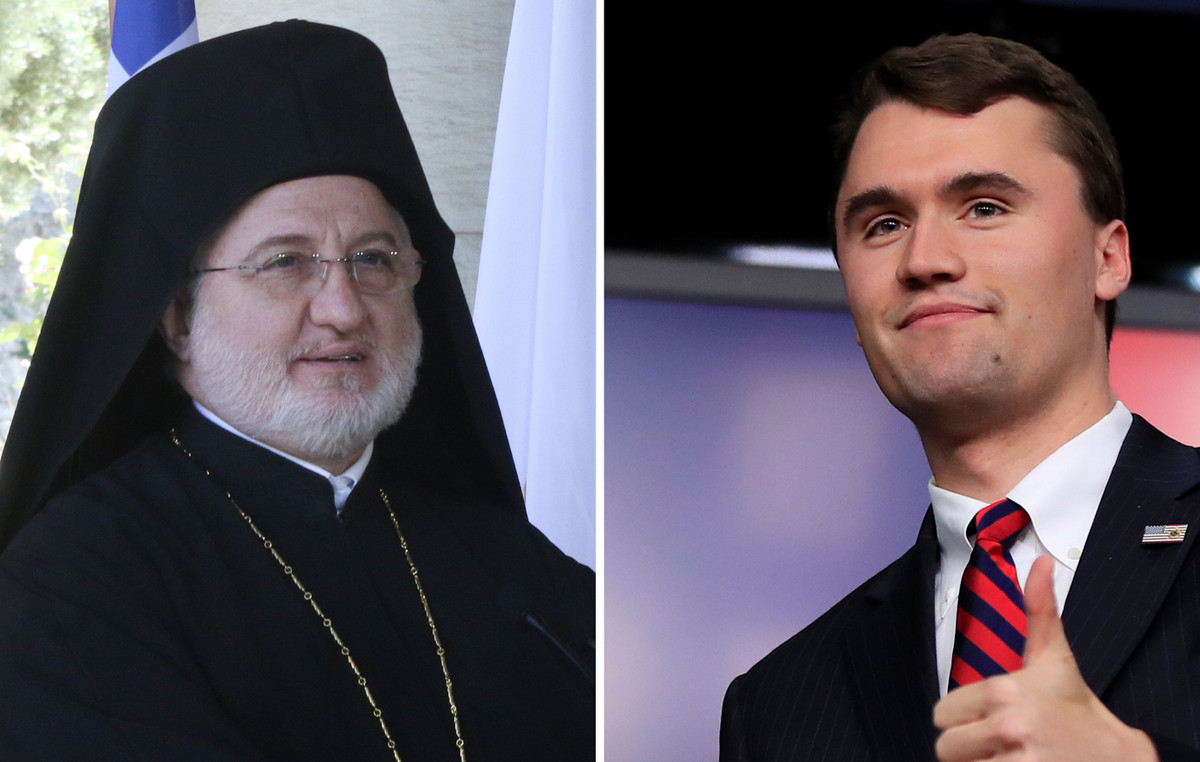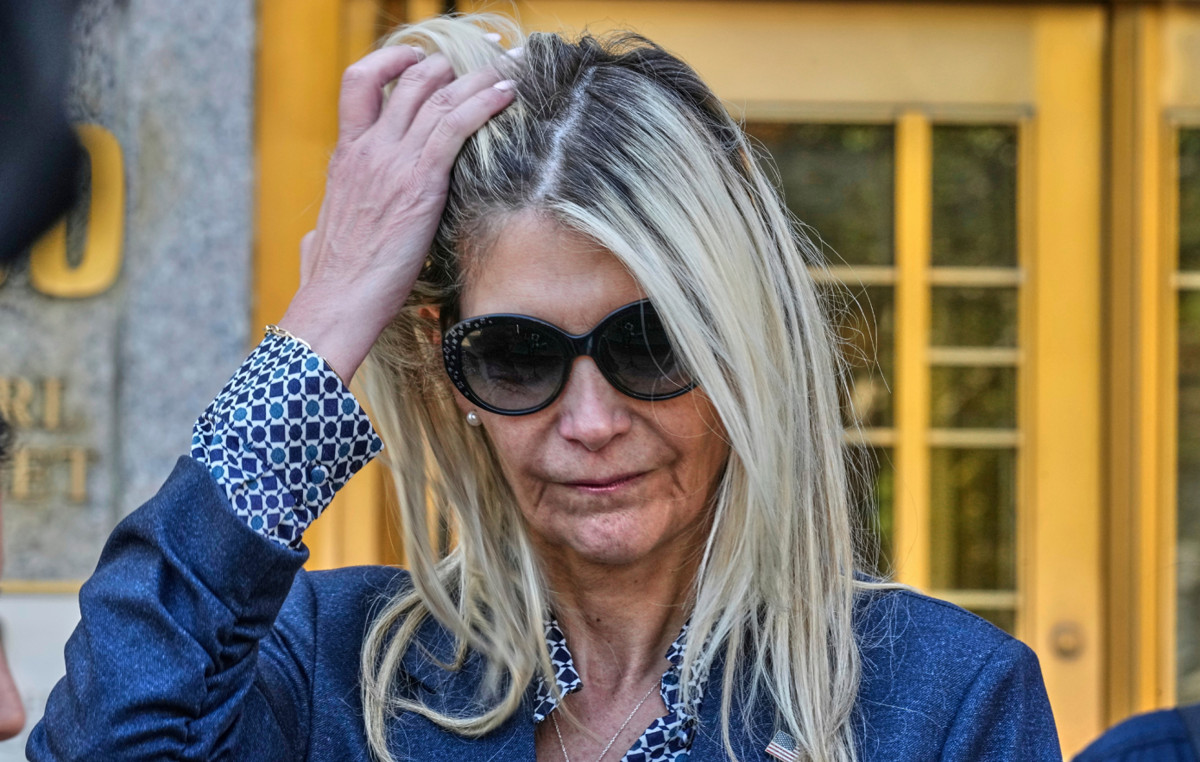With the war between Ukraine and Russia completing one month, one of the effects of the conflict for the economy is the impact on the vision of globalization, raising questions about the risks that this process has brought, according to Gabriella Dorhliac, executive director of the International Chamber of Commerce (ICC) in Brazil.
In an interview with CNN this Thursday (24), she states that the war does not necessarily represent a setback of globalization, but a “reflection of the risks of a 100% globalization, and how companies, the private sector, can soften, create alternatives, resilience in the supply chain that protects your business”.
“Sometimes the concentration on one country as a supplier is so great that any problem has a global impact, turns into a wave, almost a tsunami. Countries and companies have been reflecting on how to minimize these impacts,” she says.
An alternative that has gained strength is the so-called regionalization of chains, which are brought to locations close to large buyers.
For Dorhliac, this phenomenon is a “great opportunity” for Brazil, which can become a supplier of a series of new products, such as fertilizerstaking advantage of windows that have opened.
According to her, “geopolitical chess is being rethought in terms of who produces what, the risks in the regions and how it can create a new network of suppliers, which is not easy, simple, and can take years, but it is a repositioning. Rethinking how to place globalization a little more resiliently and less vulnerable to large-scale crises like the pandemic followed by war”.
These reflections are linked, for example, to the rise in prices of a series of commoditiessuch as oil and wheat, which are produced by Russia and for Ukraine.
“We have seen a big increase in the price of commodities, oil, wheat, fertilizers, which have a very relevant impact around the globe, in addition to the uncertainty and instability that any armed conflict generates, and can have an impact on how investors allocate money. , how conservative they will be”, says the expert.
Russia, for example, supplies 10% of the energy in the world, between gas and oil, and involvement in the conflict generates pressure on products other than commodities due to the rising cost of Petroleum.
Dorhliac also states that “this impact inflationarywhether in food or fuel, ends up disproportionately impacting lower-income households, because they spend much more proportionately on food and gas, other types of fuel, than higher-income households”.
The inflationary scenario was already bad due to the consequences of the pandemicand the combination with the war should generate “several months of uncertainty ahead”.
* Under supervision of Ludmila Candal
Source: CNN Brasil
I am Sophia william, author of World Stock Market. I have a degree in journalism from the University of Missouri and I have worked as a reporter for several news websites. I have a passion for writing and informing people about the latest news and events happening in the world. I strive to be accurate and unbiased in my reporting, and I hope to provide readers with valuable information that they can use to make informed decisions.


